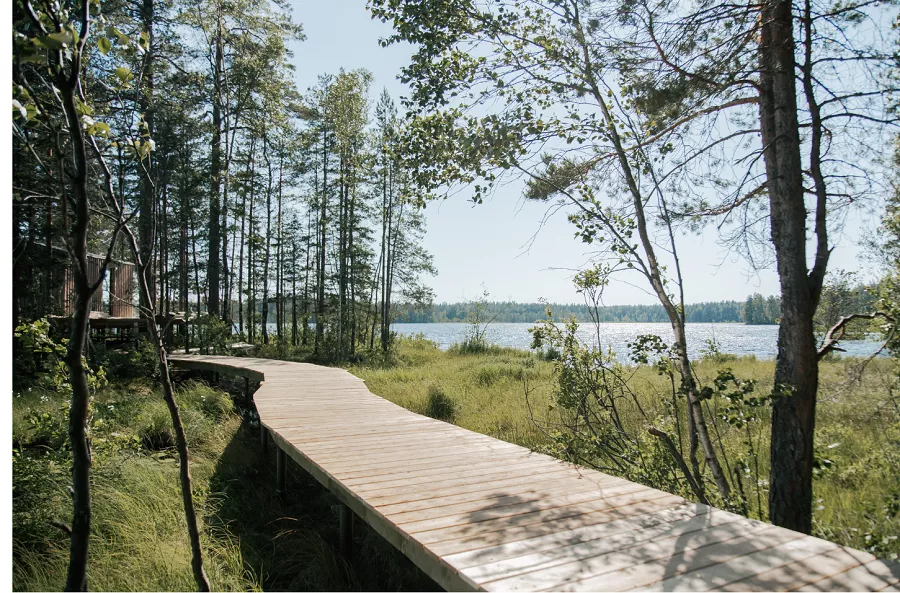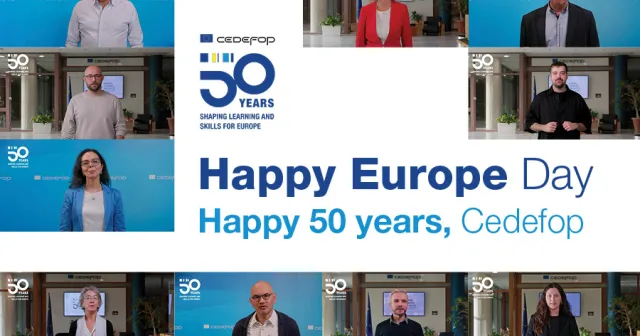Finnish Ecotourism
Ecotourism is a significant aspect of Finnish culture and way of life. Finns have strong connection with nature and the environment, which is why ecotourism is an important way for them to explore and enjoy the natural world while also caring for its preservation. BABAHUSKY operates in Rovaniemi, where the abundance of forests, lakes, rivers, and picturesque landscapes makes it hard to leave! For Finns, ecotourism offers the opportunity to breathe fresh air and be surrounded by the beauty of nature. They value the chance to spend time in the midst of nature, away from the hustle and bustle of urban life.
Cities and regions in Finland are making efforts towards ecotourism and sustainable development, leading to increased environmental awareness among local communities, tourists, and tourism companies. It's worth noting that Helsinki has been named "Helsinki Green Capital" as the winner of the "Green Capital" title under the European Union program that recognizes cities for their sustainable development. Helsinki has implemented many initiatives related to ecology, such as promoting clean energy, sustainable transport, energy efficiency in buildings, and conscious waste management. Other interesting projects in Helsinki include "Helsinki City Bikes," where the city provides rental bikes for residents and tourists, encouraging the use of eco-friendly transport and reducing CO2 emissions. Another project is "NATURA VIVA," an educational program in Helsinki aimed at increasing nature awareness and environmental protection among residents and tourists. The program offers tours, workshops, and other activities that allow participants to discover and appreciate the local environment.

Close to BABAHUSKY, there is the renowned Arctic SnowHotel & Glass Igloos in Rovaniemi, which serves as an example of ecotourism. The facility offers accommodation in glass igloos, lallowing guests to observe the northern lights and other natural phenomena. The structure is built using natural and eco-friendly materials such as ice, snow, and wood. Additionally, Rovaniemi is well-known as the official hometown of Santa Claus, and Santa Claus village is a popular tourist attraction. The city and tourism operators in Santa Claus village take actions to protect the environment, such as reducing energy consumption, ensuring waste segregation, and ensuring eco-friendly transport solutions. Furthermore, Rovaniemi is part of the Sustainable Arctic Destination program, which focuses on sustainable tourism development in Arctic regions. The program promotes sustainable practices in tourism, nature conservation, Sámi culture, and educational activities.
All these examples demonstrate how Finnish cities and regions engage in ecotourism projects and practices, promoting sustainable development and the protection of the natural environment. This translates into the actions of citizens and in a wider context local community in support of nature. We are preparing these and other examples as part of a joint project with the Green Industry Foundation from Warsaw under the "Green Leader" project, co-financed by the European Union.




